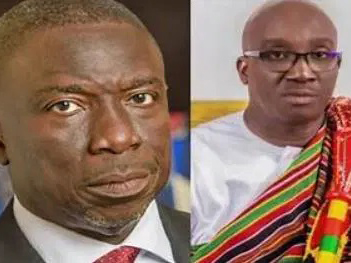On Wednesday, the Edo State Governorship Election Petition Tribunal in Abuja dismissed a petition by the Action Alliance (AA) seeking to void the election of Governor Monday Okpebholo. The three-member panel, chaired by Justice Wilfred Kpochi, ruled that the case—filed by AA and its National Chairman, Adekunle Rufai Omoaje—lacked merit, primarily because it raised pre-election issues outside the tribunal’s jurisdiction.
The petitioners claimed that the Independent National Electoral Commission (INEC) had excluded AA’s legitimate candidate from the September 21, 2024, governorship election, alleging that INEC recognized an improperly nominated candidate despite court rulings to the contrary. They argued that this failure to list their rightful candidate violated Section 134(1)(b) of the Electoral Act, constituting significant non-compliance. Additionally, they contended that Governor Okpebholo of the All Progressives Congress (APC) did not win the majority of lawful votes and that the election was tainted by corruption, urging the tribunal to nullify the results.
The panel, however, sided with preliminary objections raised by all respondents, including INEC and Okpebholo. They argued that the petition was flawed, noting that AA’s National Chairman lacked standing to file the case since he did not contest the election. They also asserted that the petition, focusing on pre-election disputes, was time-barred and beyond the tribunal’s authority. The panel agreed, dismissing the case entirely.
Notably, AA’s candidate, Tom Iseghhi-Okojie, had withdrawn his candidacy and endorsed Okpebholo just days before the election, a detail that further contextualizes the tribunal’s decision.












